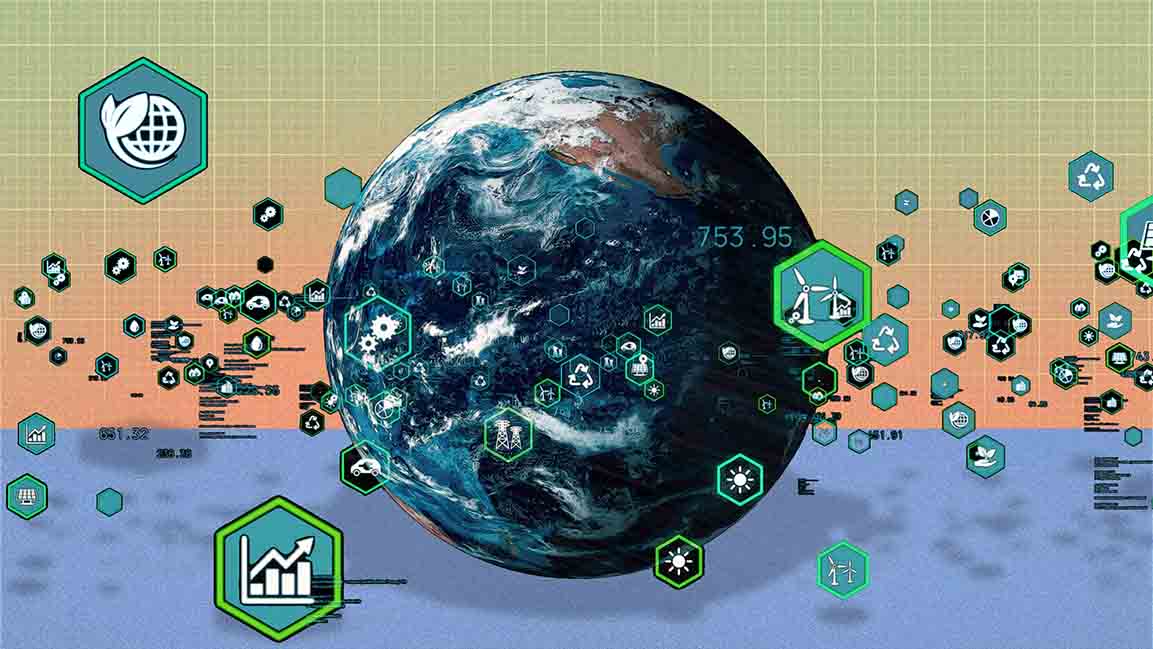- | 12:00 pm
How UAE’s space industry is helping in the fight against climate change
Various projects are supporting the country to combat climate change and reduce greenhouse gas emissions.

Space technologies have led to many innovations that benefit the environment and save energy. Satellite-based systems reduce vehicles’ carbon dioxide emissions, and remote-sensing technology from weather satellites helps solar cells produce more energy.
The space industry is one of the UAE’s top priorities. Between 2015 and 2020, the country has spent nearly $6 billion on space-related projects. The space sector is now marking its influence in addressing climate challenges through various projects and initiatives.
One such example is the UAE Space Data Centre, a digital platform providing scientists, scholars, public and private entities, startups, and the public with access to space data to develop solutions for national and global challenges.
The UAE Space Agency has introduced the Space Analytics and Solutions (SAS) program to create solutions for global sustainability challenges and enhance the role of local and international partnerships and investments in the space industry.
Last year, the agency signed an agreement with Planet Labs to construct an innovative loss and damage atlas driven by satellite data. At the same time, the country launched the Synthetic Aperture Radar (SAR) satellites to make highly detailed radar images of land use, ice cover, and surface changes.
The country also held the Abu Dhabi Space Debate to enable discussion, strengthen cooperation, and form new policies concerning the global space sector.
Furthermore, in a partnership between the UAE Space Agency, the American University of Ras Al Khaimah, and Khalifa University, nanosatellite MeznSat was launched to study and detect greenhouse gas emissions, carbon dioxide, and methane emissions via a shortwave infrared spectrometer.
Additionally, the Mohammed bin Rashid Space Centre and Dubai Municipality joined hands to launch the DM-SAT1, an environmental nanometric satellite to monitor, collect, and analyze environmental data and measure air pollutants and greenhouse gasses.
































